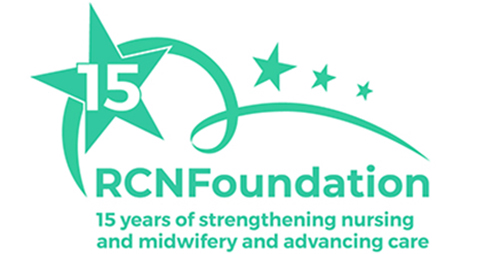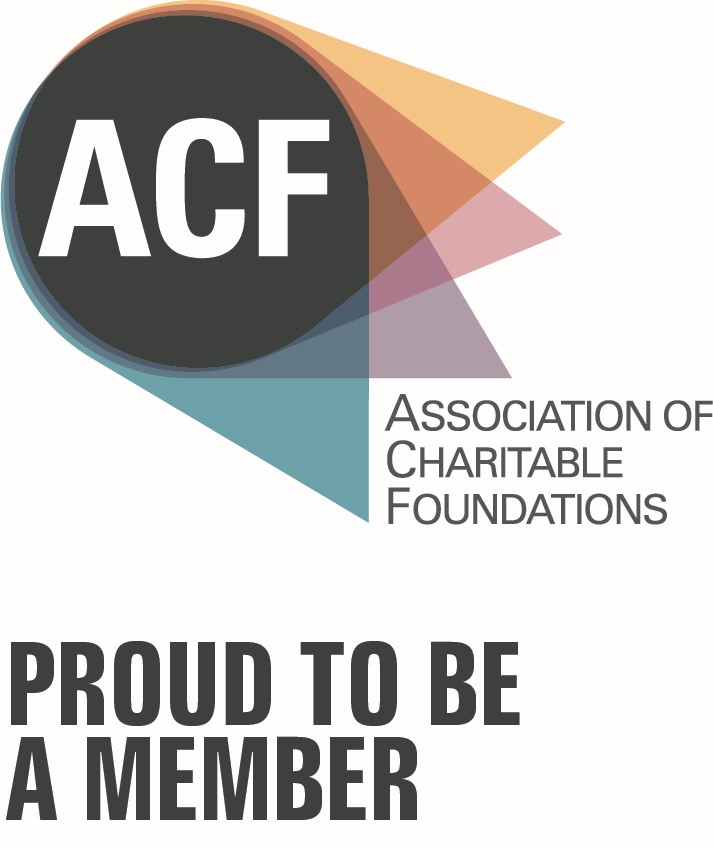Mental health conditions and money problems
Help is available
Here at the RCN Foundation, a grant-making charity for staff in the nursing sector, we see every day how money problems can impact on a person's mental health. We also see something that's less talked about – how mental illness can lead to money problems.
Mental health conditions make everyday tasks far more difficult. It can be hard to stay on top of things, and if you are unable to work, it's easy to fall into debt. Missed payment letters only make a hard situation more stressful. Instead of being able to afford small treats and self-care, there isn't always enough money to cover basics like rent and food.
Help is available
If you are struggling this way, or know someone who is, we want you to know that help is available.
Reaching out is one thing that can make a big difference. Here are some options to work through, perhaps with the help of a friend:
-
If you are a health care support worker, midwife or nurse, you can be considered for an RCN Foundation hardship grant.
-
If late payments are a problem, contact a free debt advice service like PayPlan.
-
Your trade union may offer support and advice – contact them to explore what they can provide.
-
If you aren’t already getting professional support for your mental health problems, call your GP or local NHS mental health service. Services may be limited, but they exist for you to use.
About our hardship grants
Our hardship grants are provided year round by the RCN Foundation Benevolent Service. The application form is online and can be submitted at any time, day or night. One-off payments from the Service are given in cases where a few hundred pounds can make all the difference.
As a health care support worker, midwife or nurse, you’re probably more used to helping other people than reaching out for help. Sometimes the RCN Foundation Benevolent Service team speaks to applicants who are completely overwhelmed and can’t see a way out.
We’ll then speak to the same person a few weeks later and see a huge difference, just because they reached out and found one or two experienced people who could offer a fresh perspective.
Kate's story
One of our applicants, 'Kate', has kindly allowed us to share her story and feedback. When Kate approached us, she was unwell and waiting for treatment for mental health problems. Her sick pay had stopped and understandably she described herself as "at my wits’ end with worry."
After receiving a grant and advice about benefit entitlements, Kate said "They were kind, helpful and understanding and really made a difference to my mental health and gave me a bit of hope.
"The pressure I was under was reduced and I felt able to go outside again. I claimed Universal Credit that I didn't know about before."
The experience of being unable to pay the bills can take a while to recover from, both financially and emotionally. This is something that many nursing staff are going through or healing from, as they go about their challenging day-to-day work. The thing is to know help is at hand.






